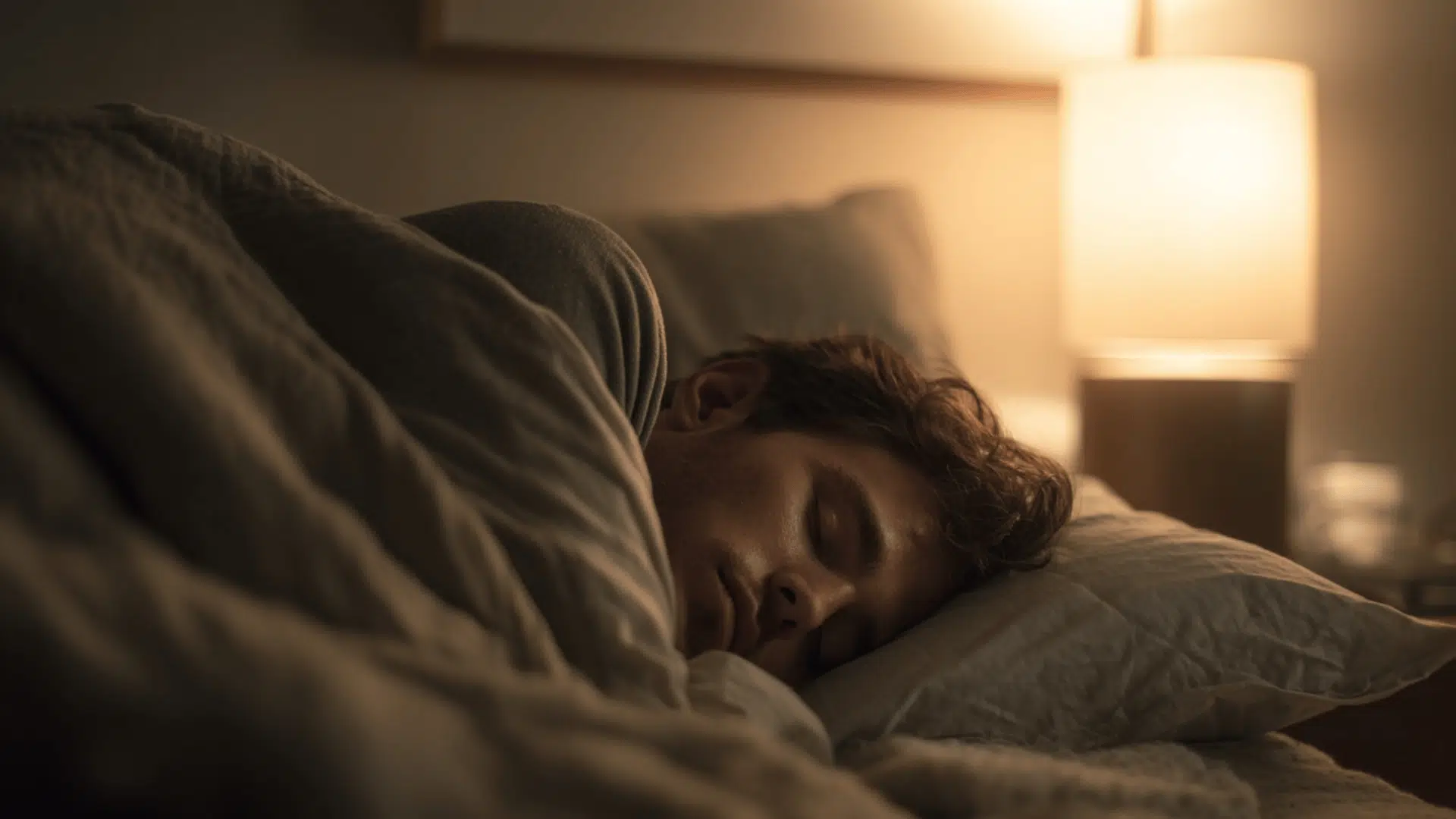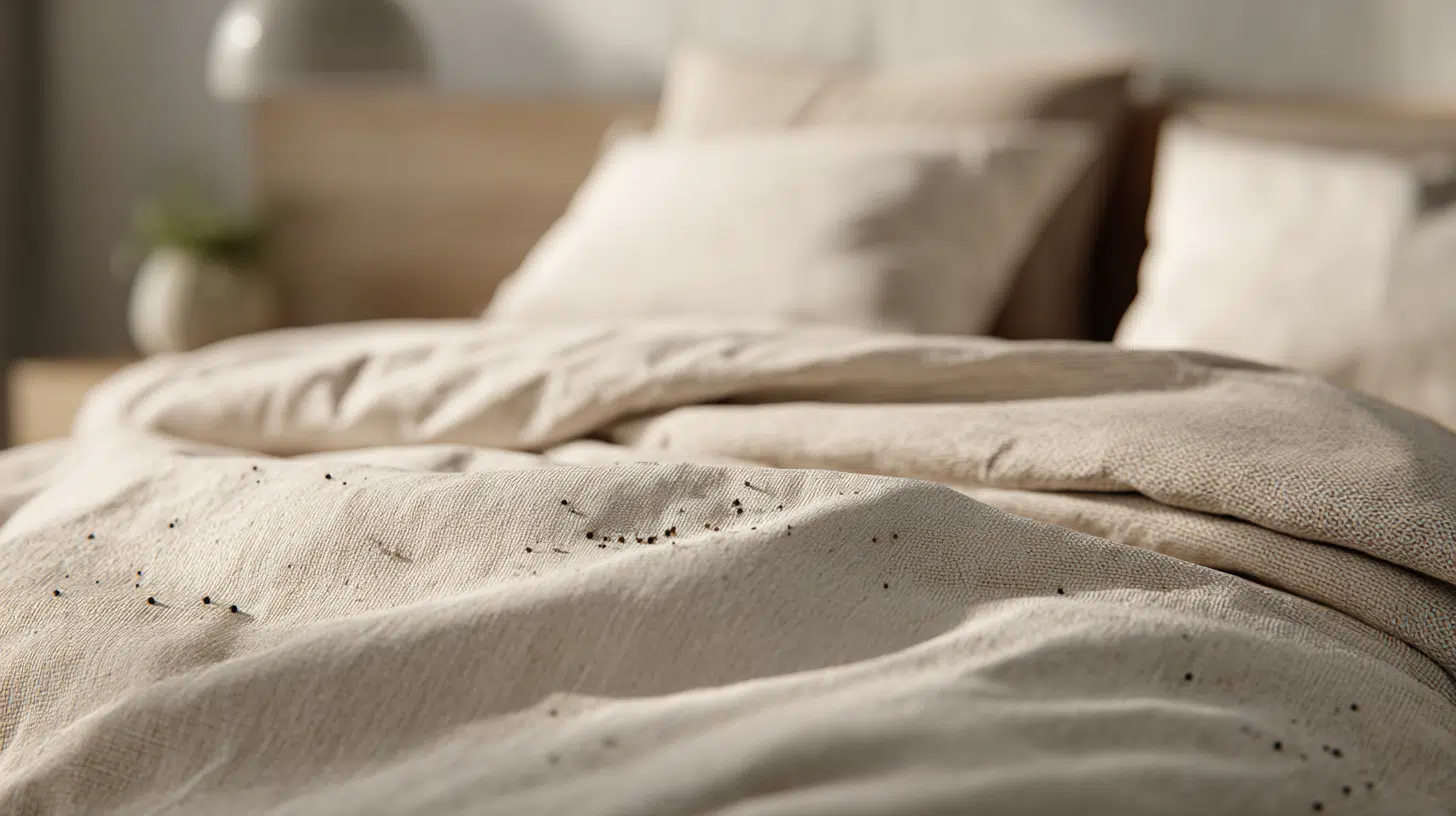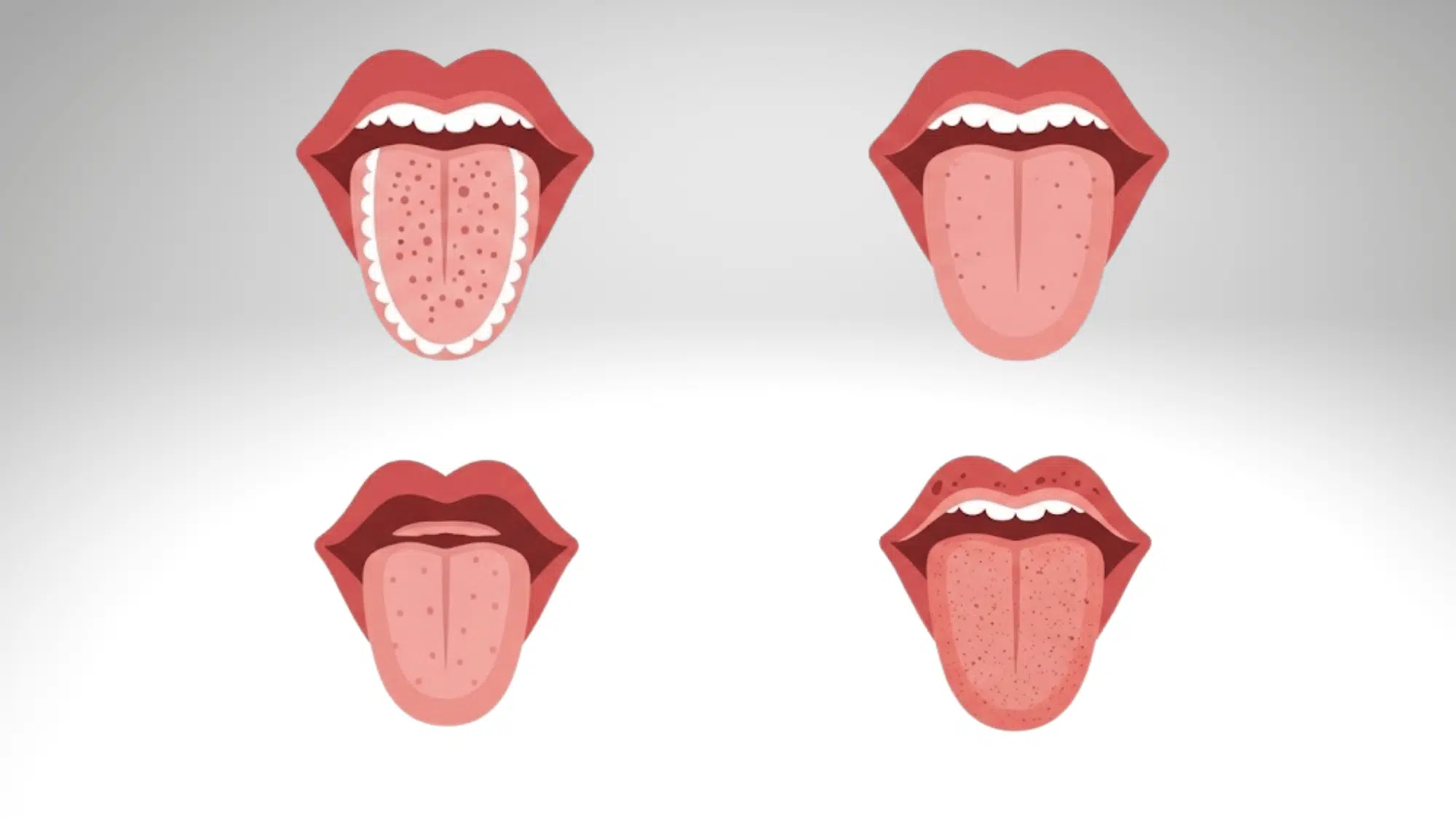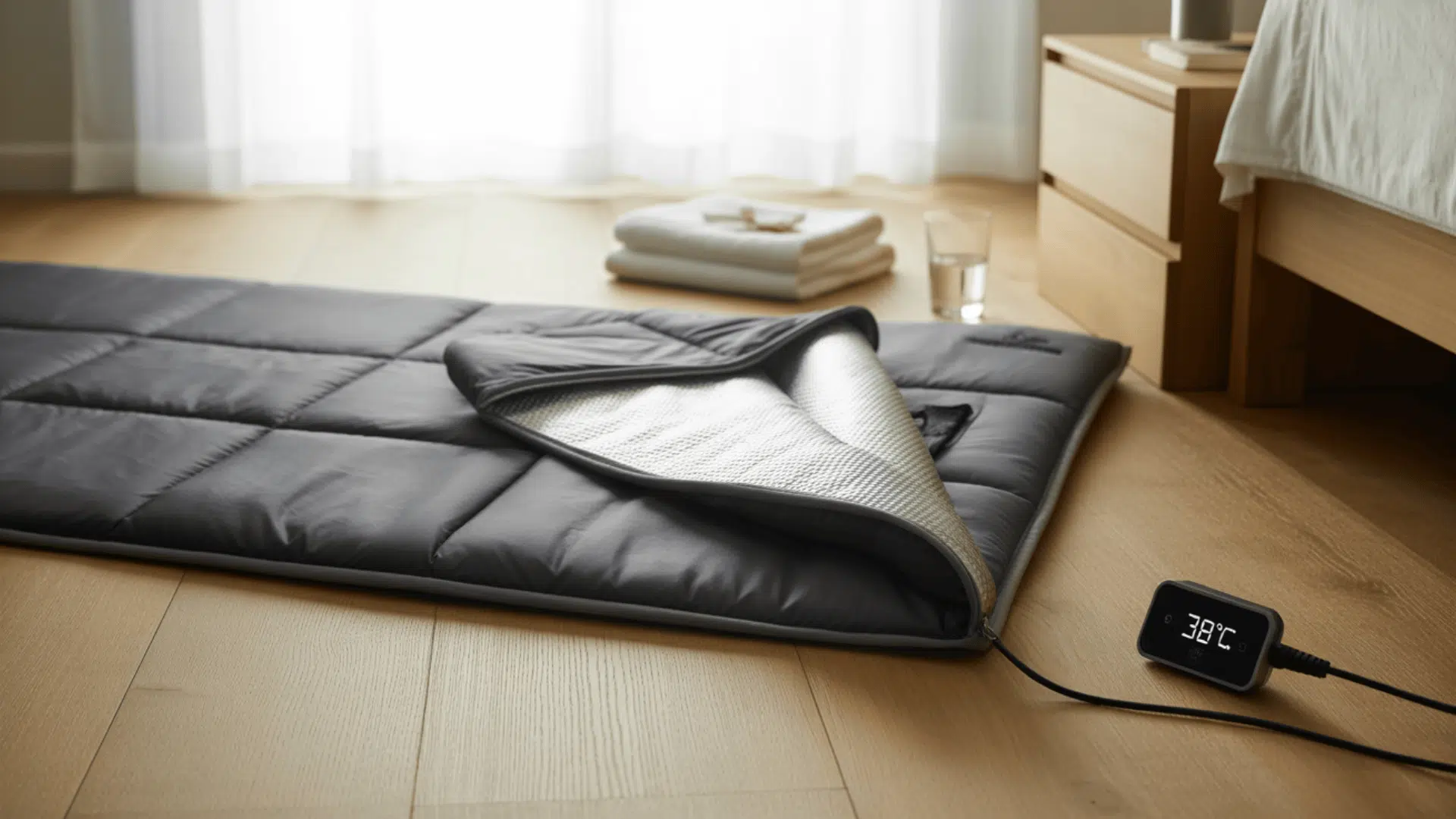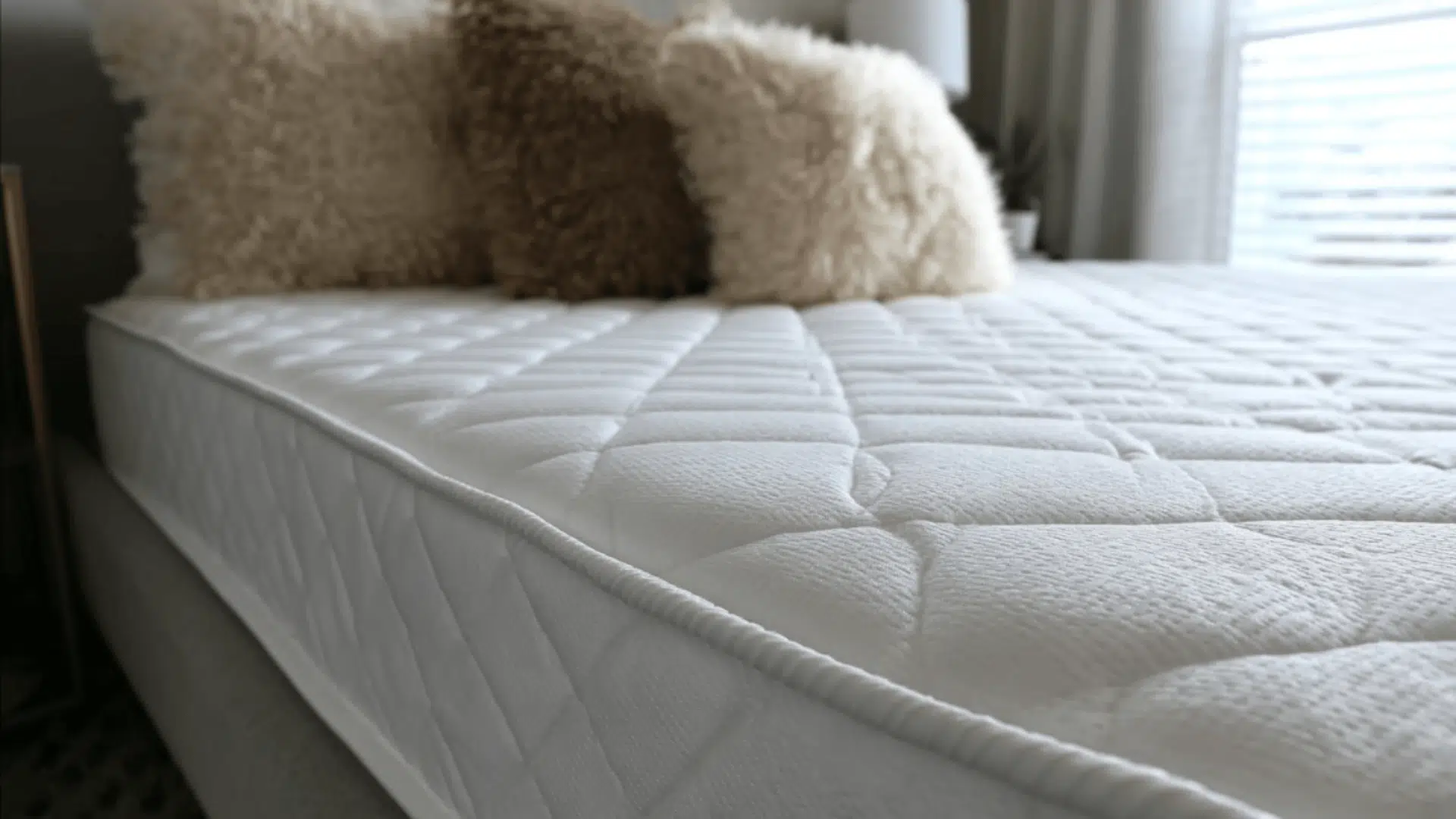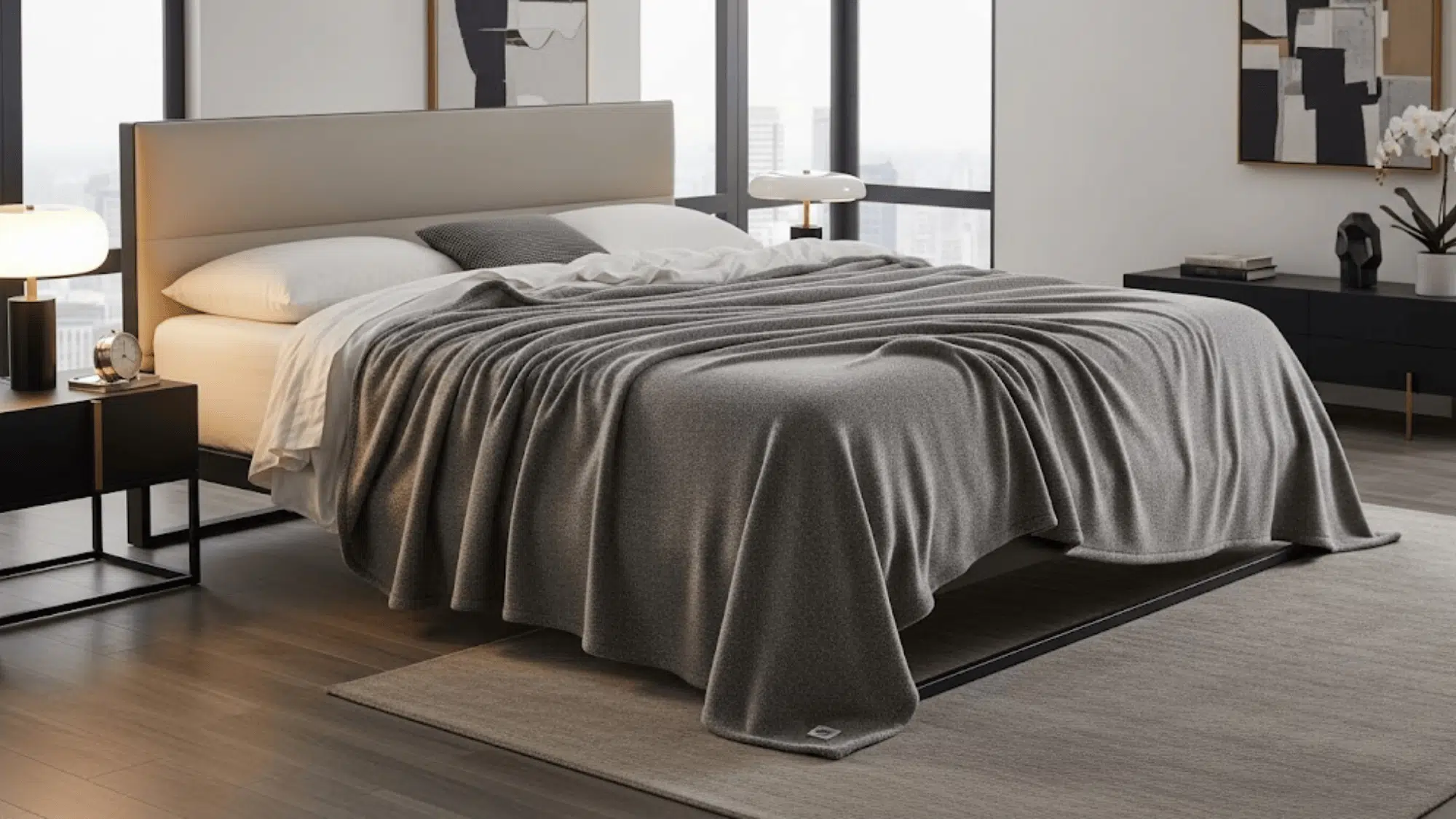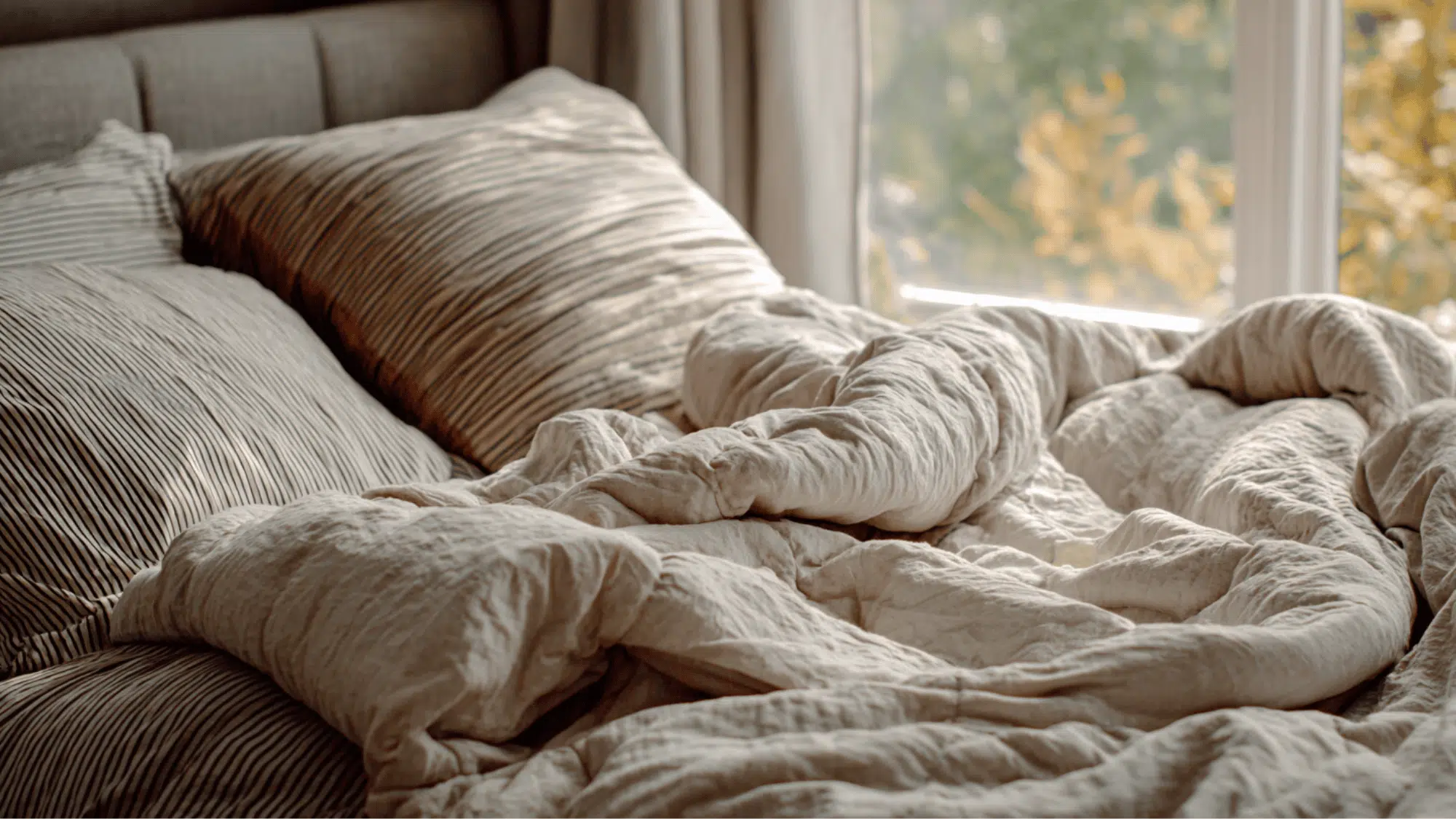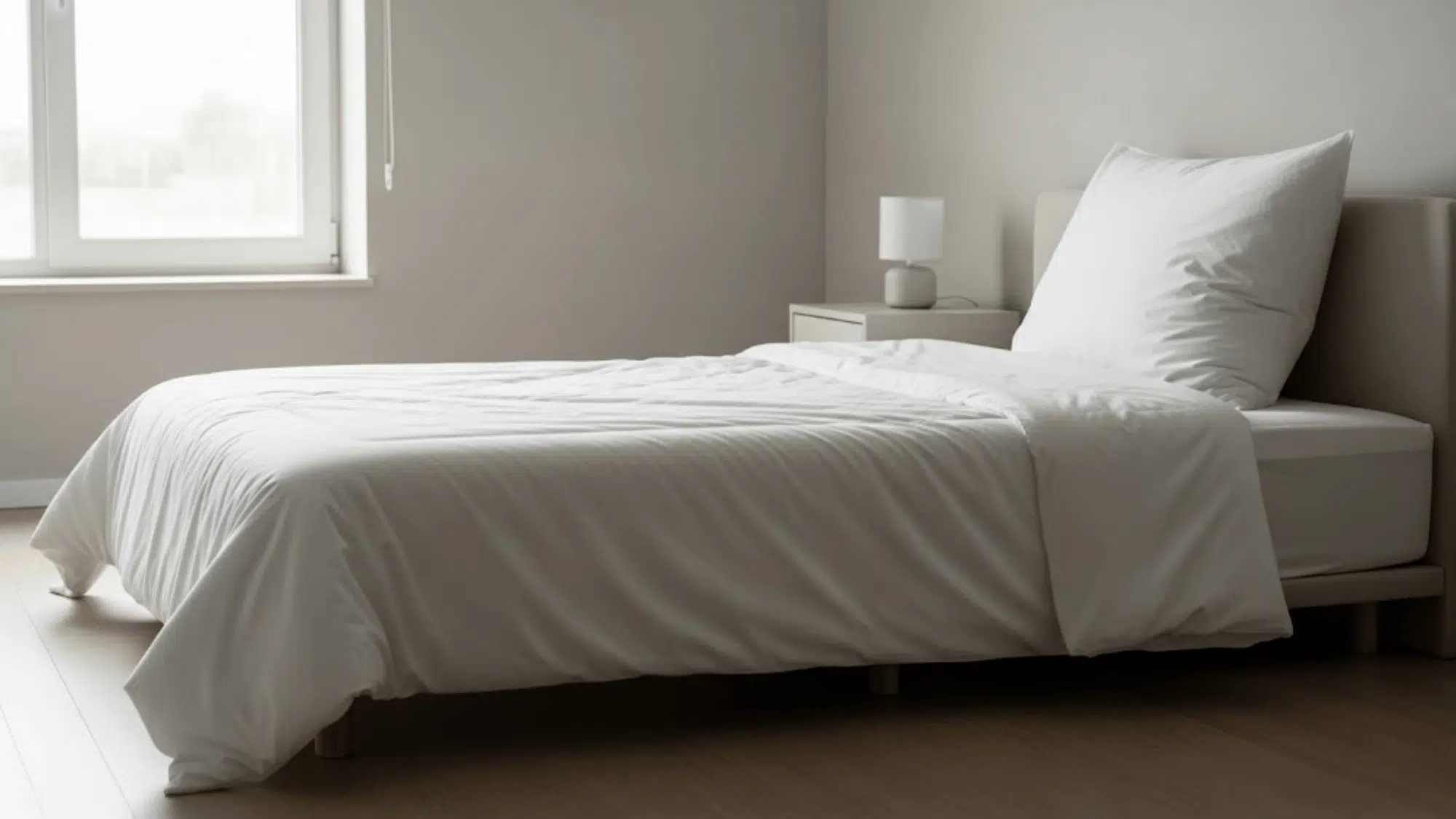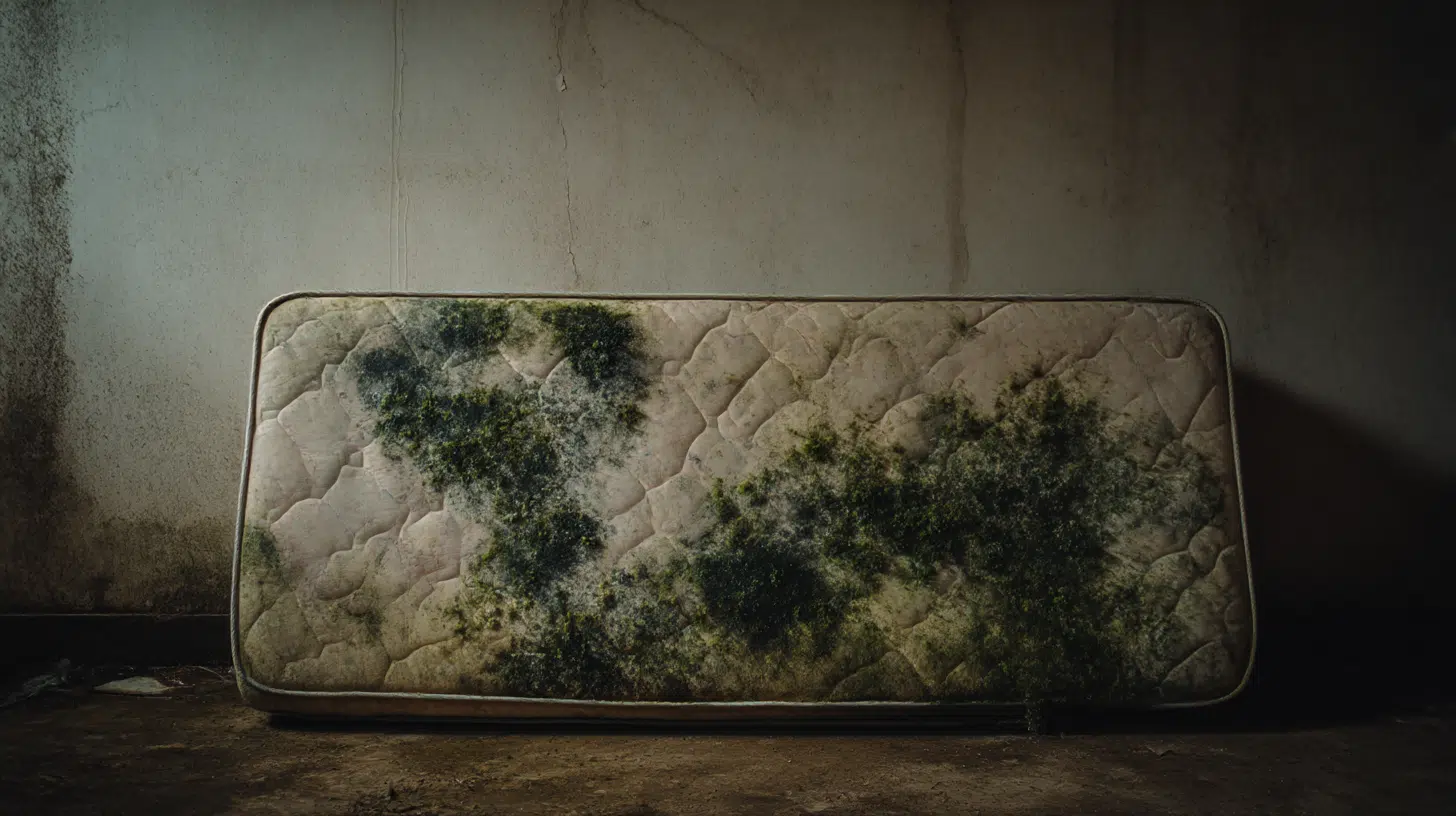Have you ever thought that snoring could be deadly? Most people don’t.
Sleep apnea often hides behind harmless signs like fatigue or loud breathing at night. But in reality, it can quietly harm your body for years and, in some cases, lead to an early death.
What’s more surprising? Even well-known people with access to top healthcare have lost their lives to it.
There are several celebrities who died from sleep apnea, and their stories are both heartbreaking and eye-opening.
This blog walks you through who they were, what symptoms to watch for, and how to stay ahead of this dangerous condition.
If you or someone close to you snores or wakes up tired, it’s time to pay closer attention.
What Is Sleep Apnea and Why Is It Dangerous?
Sleep apnea happens when your breathing repeatedly stops during sleep. There are two types: obstructive, which involves relaxed throat muscles blocking air, and central, when the brain fails to send breathing signals.
Both interrupt oxygen flow and stress your heart.
Why It’s Dangerous
- Repeated oxygen drops strain the heart
- Sleep becomes light and restless
- It increases the risk of a heart attack and stroke
- Blood pressure may rise at night
- Long-term damage may go unnoticed until it’s too late
Even if symptoms seem mild, sleep apnea can quietly impact your life and health.
Celebrities Who Died from Sleep Apnea
Even with access to top doctors, these celebrities lost their lives to sleep apnea, which played a role. Their stories shine a light on how overlooked this condition can be.
1. Carrie Fisher


Best known as Princess Leia, Carrie Fisher passed away in 2016. Her death was partly linked to sleep apnea, along with other factors.
She had a history of heart issues, and apnea may have made things worse. Her loss reminded the world that even beloved stars can face hidden health risks.
2. Reggie White
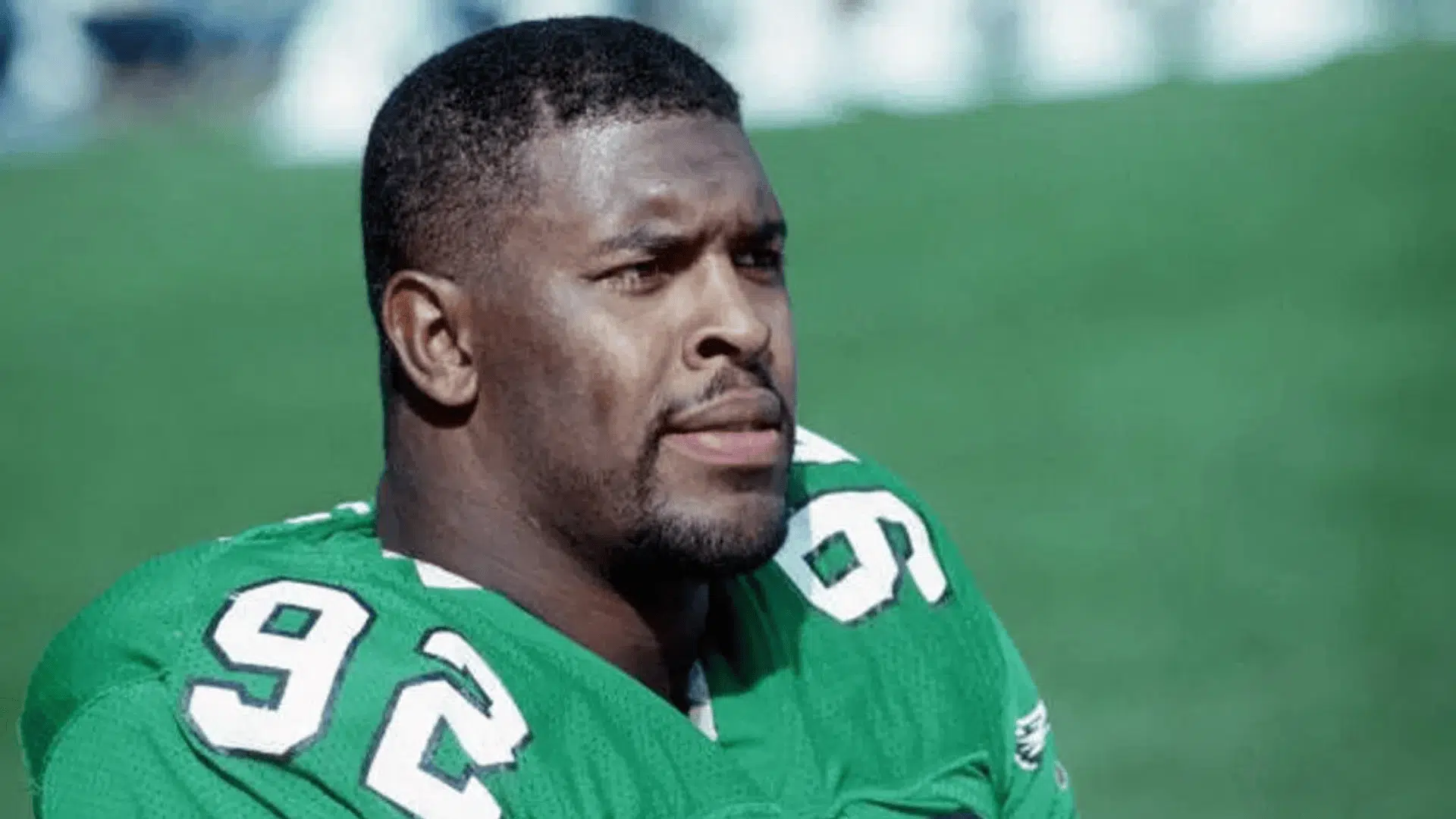

The former NFL great died suddenly in 2004 from cardiac issues connected to sleep apnea. He had a large build and a history of snoring, but didn’t fully treat his condition.
His wife later spoke out to raise awareness. His passing sparked real change in how sleep apnea is seen in athletes.
3. Jerry Garcia
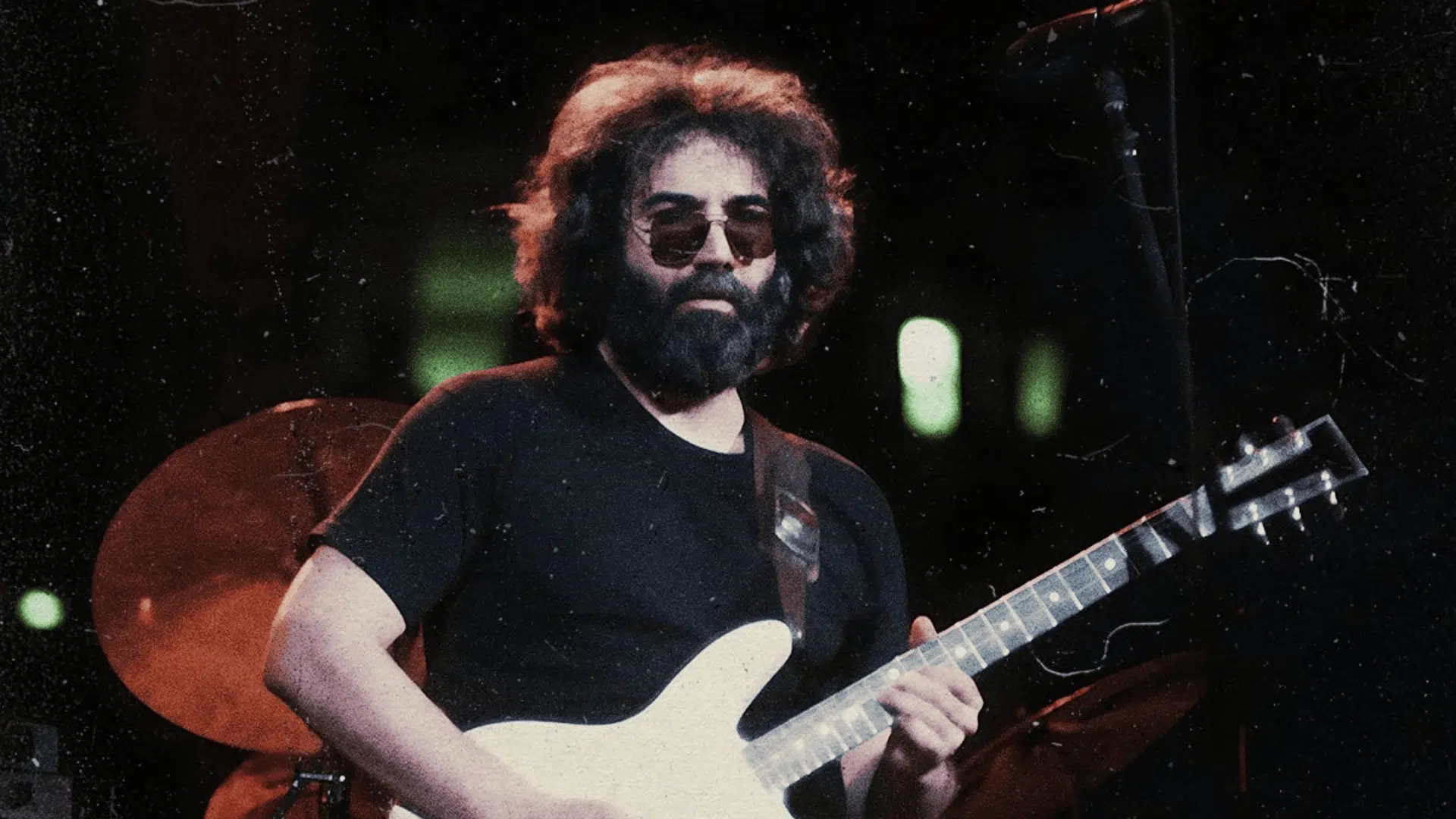

Lead singer of the Grateful Dead, Jerry Garcia, died of a heart attack in 1995.
It’s believed that his sleep apnea added strain to his already weak heart. Garcia’s struggles with health were well known, but the role of apnea in his death is often overlooked.
4. John Candy
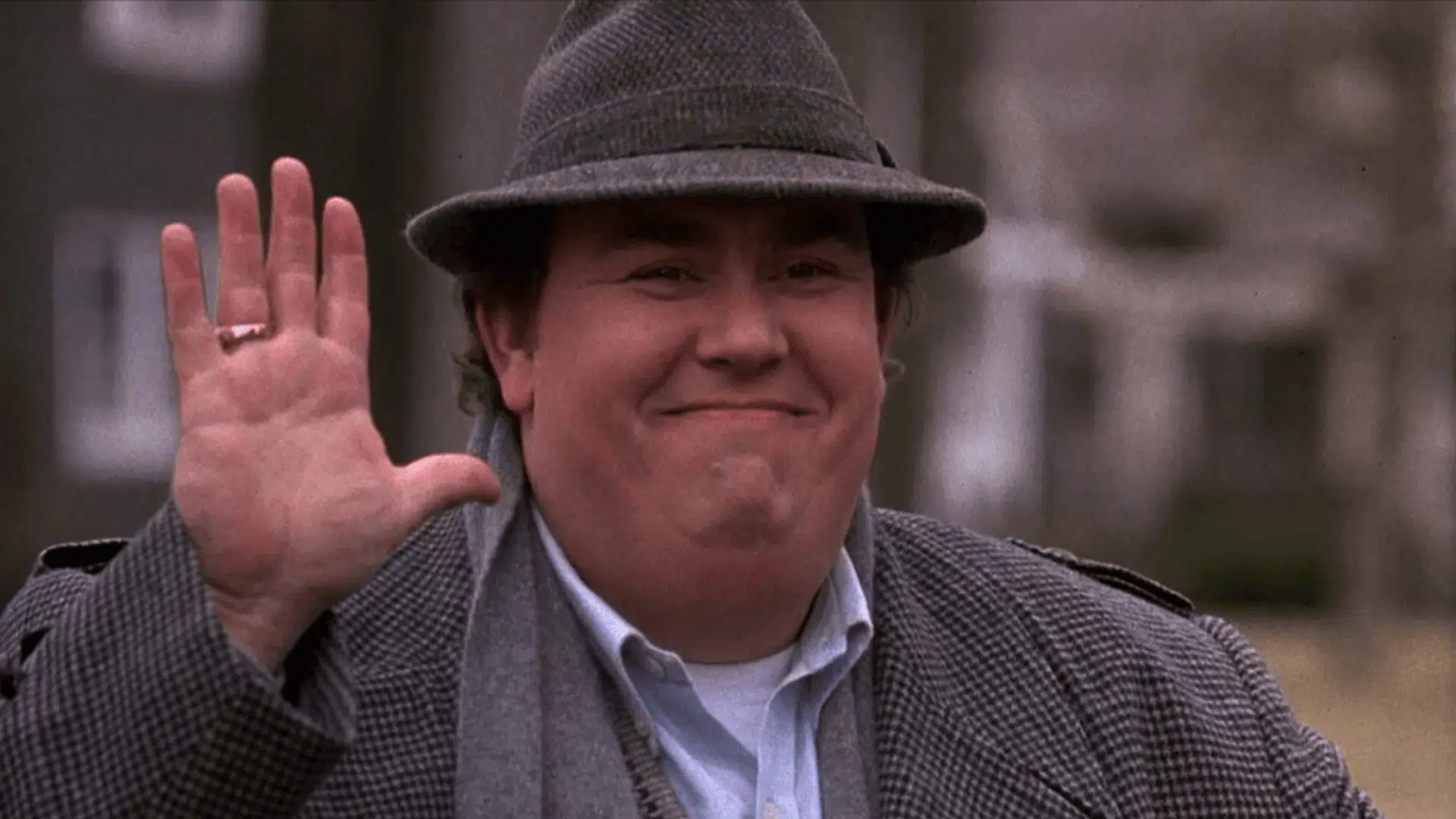

The Canadian comedian passed away in his sleep in 1994. He had several risk factors, including weight, snoring, and high blood pressure.
Doctors believe sleep apnea contributed to his fatal heart attack. His death was a wake-up call for many about how silent this condition can be.
5. Amanda Peterson


Known for her role in Can’t Buy Me Love, Amanda died at 43. The medical report listed sleep apnea among the causes.
Her passing showed that it isn’t only older people at risk. She had been struggling with breathing issues during sleep for some time.
6. Justice Antonin Scalia
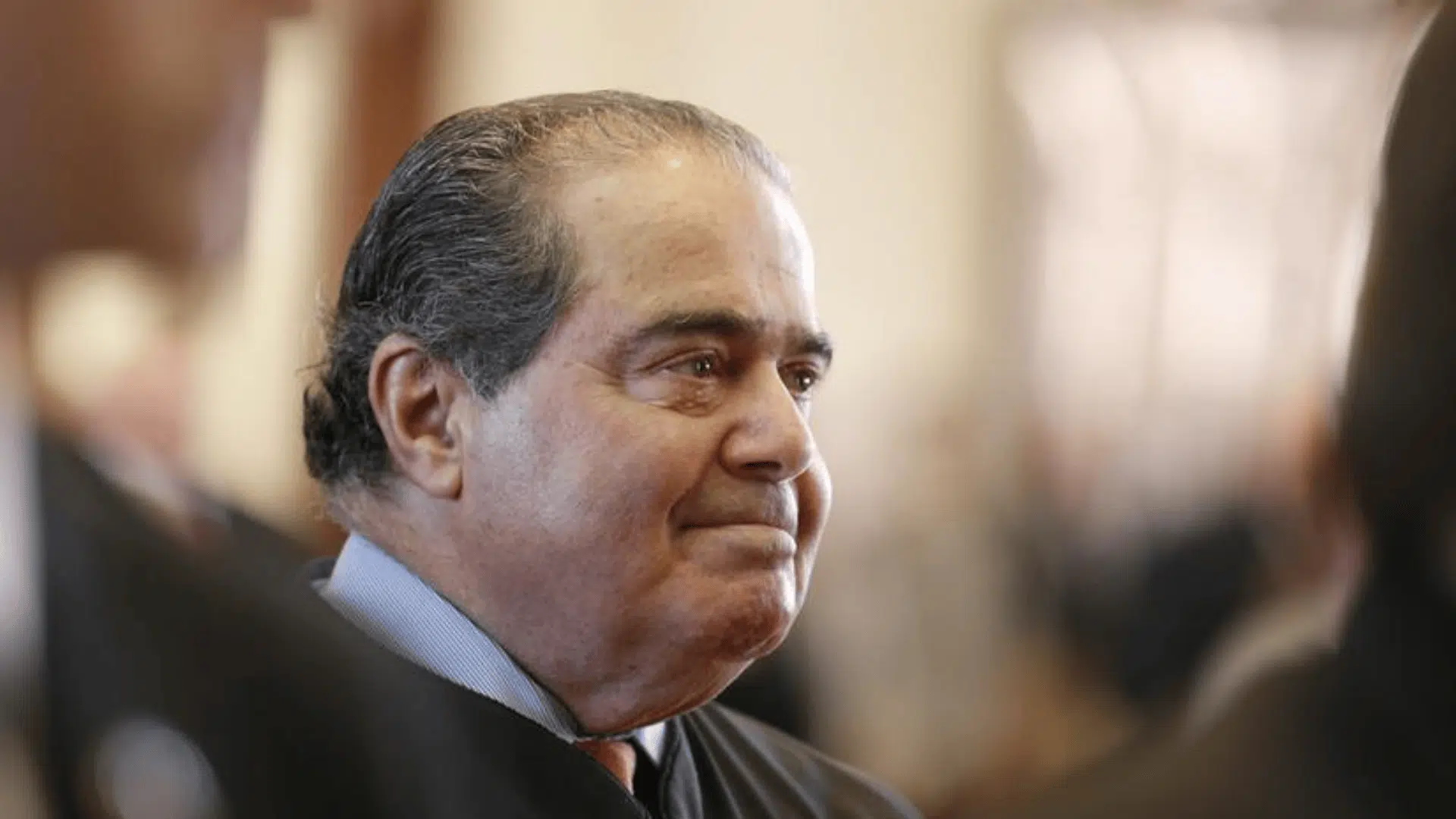

The Supreme Court Justice died in 2016 at a Texas resort. He had a known history of sleep apnea and wasn’t using his CPAP device when he passed.
Though the cause was listed as natural, many believe that untreated apnea played a part. His death sparked a national conversation.
7. Joseph Wayne Miller
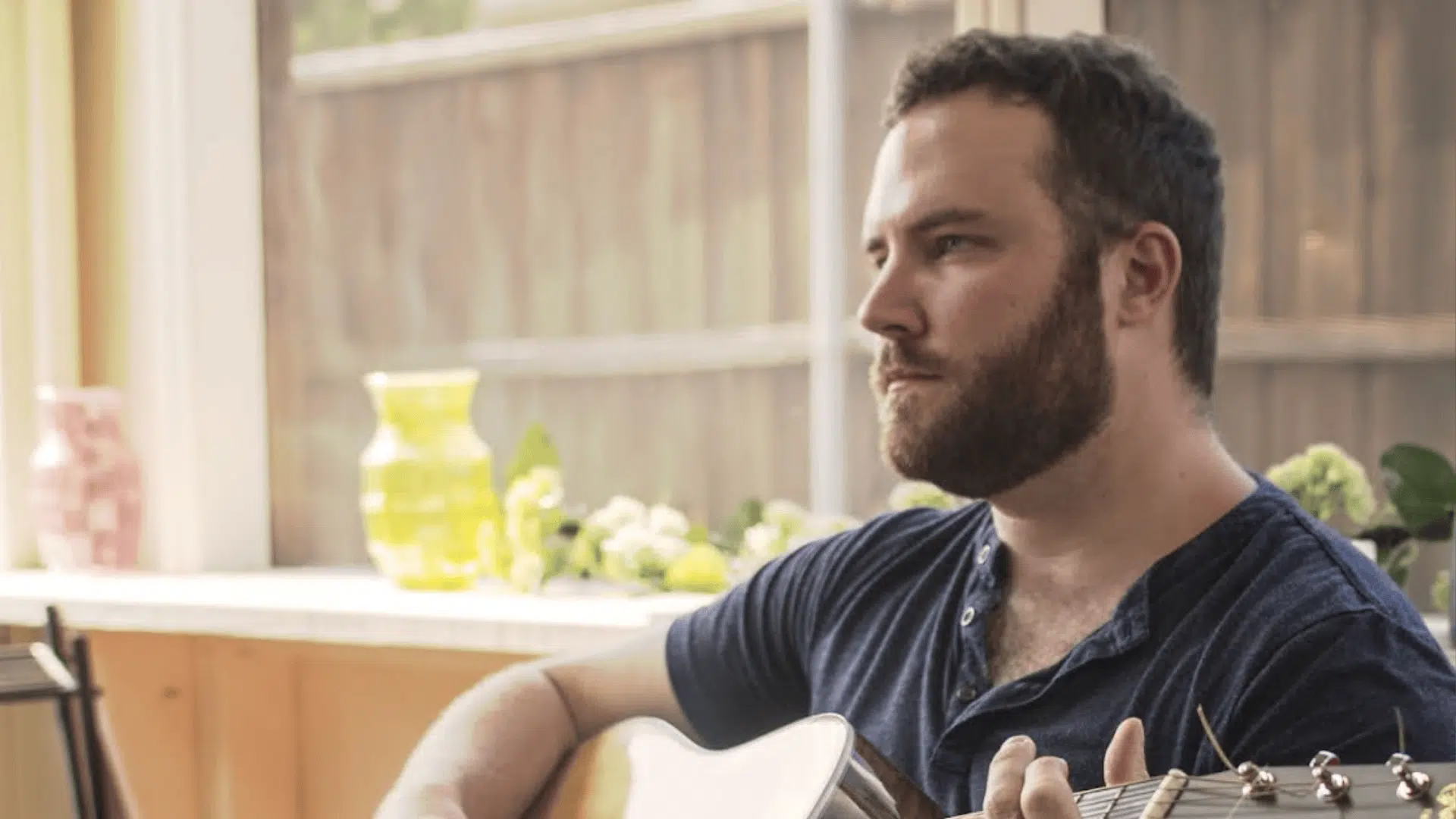

The Heavyweights actor passed away in 2018 at just 36. He died in his sleep, and his mother later confirmed he had sleep apnea.
The news shocked fans who remembered him as “Salami Sam.” His early death was a painful reminder of the risks this condition poses.
8. Florence Griffith-Joyner
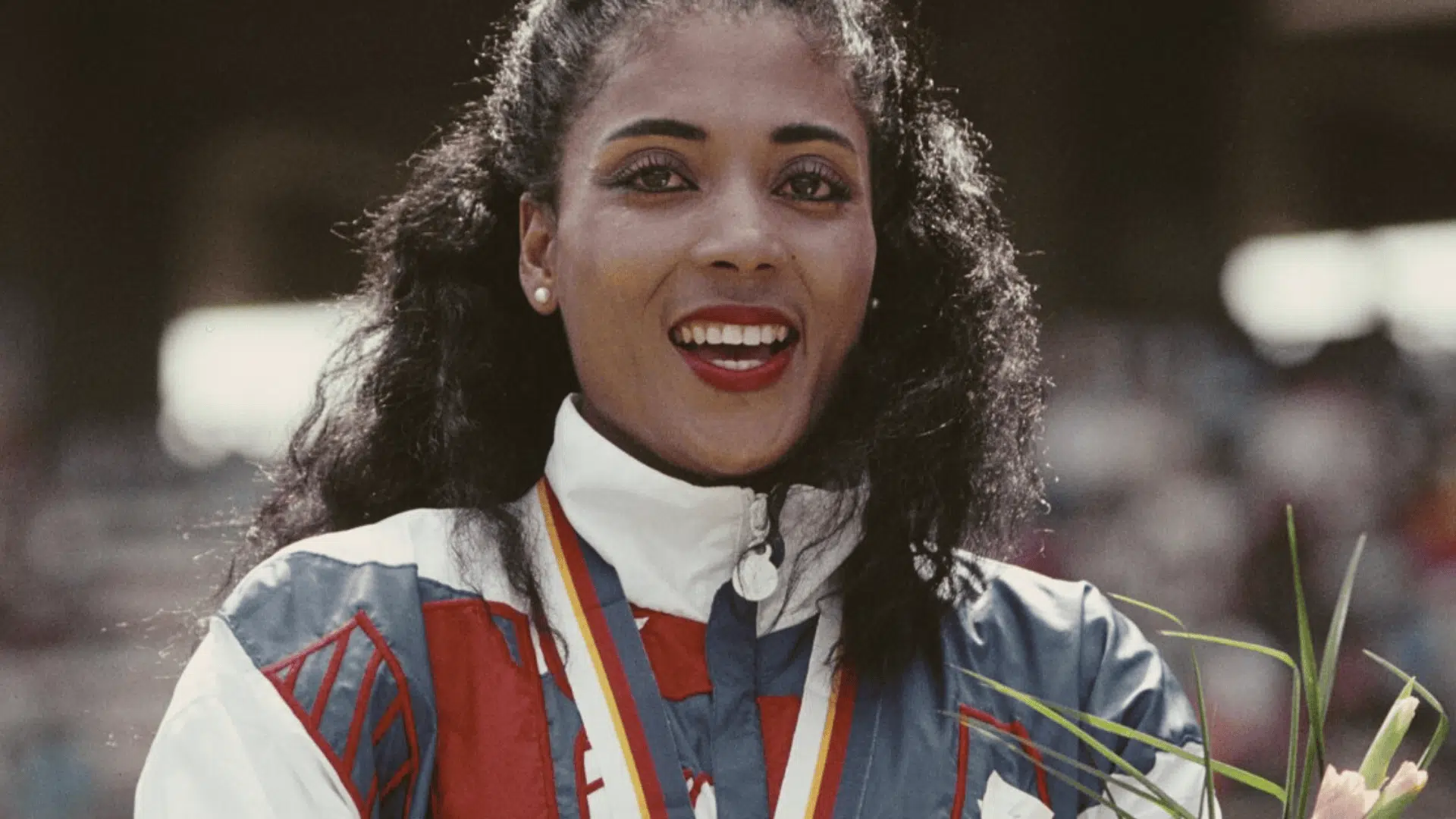

The Olympic legend known as “Flo Jo” died unexpectedly at 38. An autopsy mentioned sleep apnea as a possible factor.
Though healthy and active, her breathing issues during sleep had been noted. Her death still stirs debate about the medical care given to athletes.
9. Bappi Lahiri
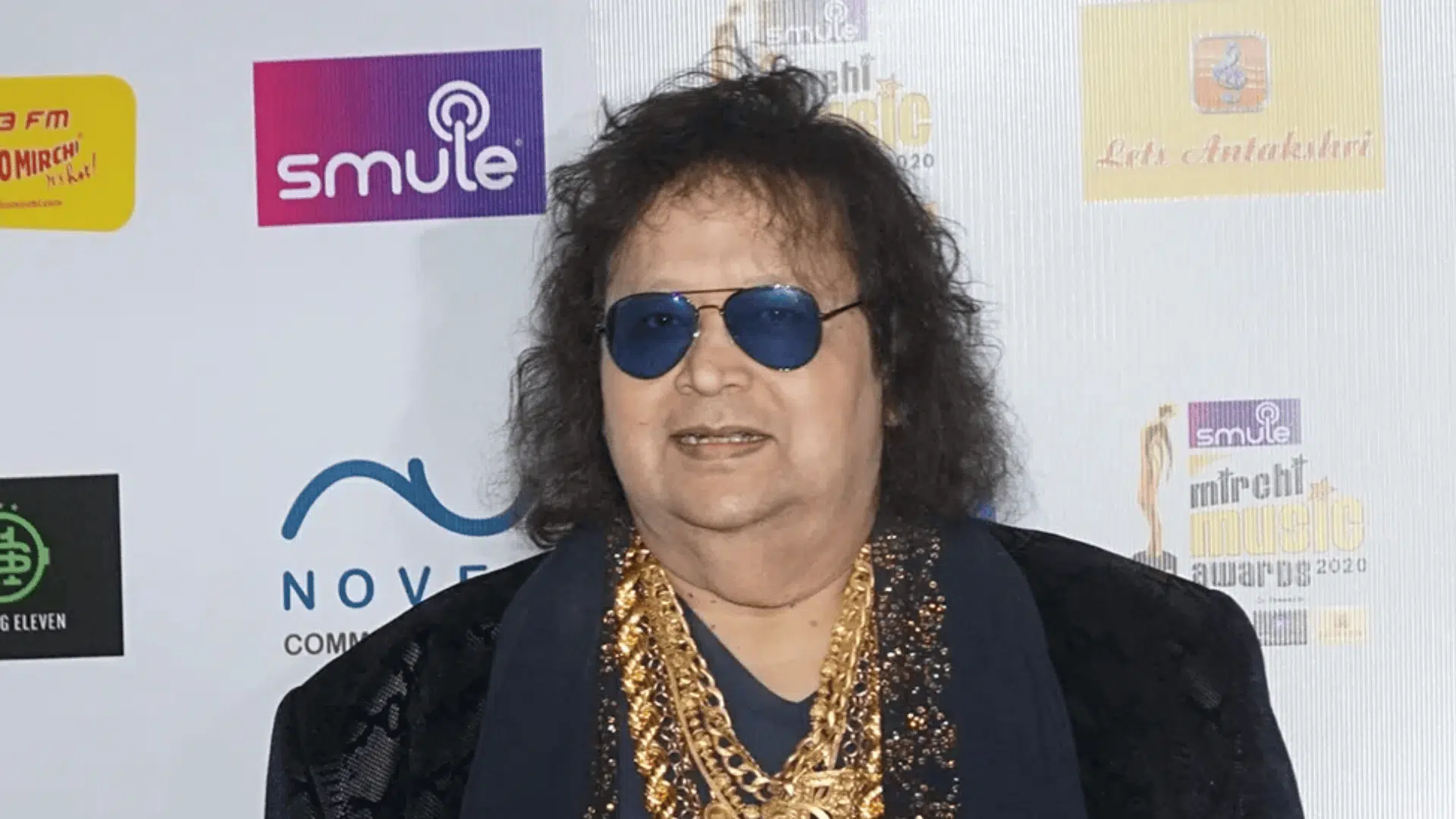

The beloved Indian singer passed away in 2022 from complications linked to obstructive sleep apnea.
He had been in and out of the hospital and died due to breathing trouble during sleep. His passing raised awareness of the condition in South Asia and among older adults.
10. Brian Wilson
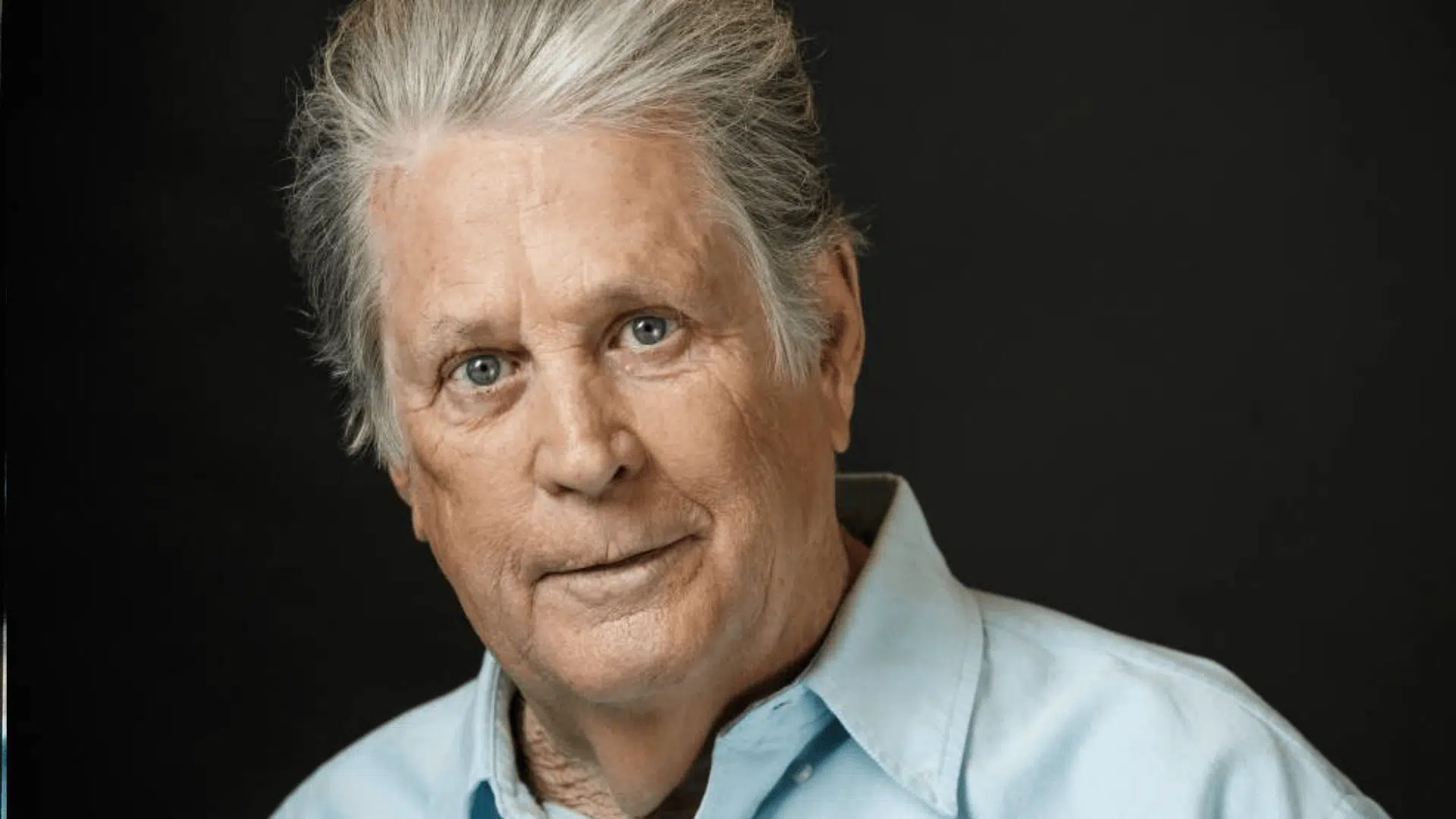

In 2025, the Beach Boys co-founder passed away, and reports listed obstructive sleep apnea as a contributing factor.
He had battled health issues for years, and his breathing problems during sleep had worsened. His death brought renewed attention to sleep apnea in aging musicians and creatives.
Sleep apnea doesn’t care about fame or success. These lives show what can happen when it’s ignored.
How Many People Have Died from Sleep Apnea
Between 1999 and 2020, more than 231,000 deaths in the U.S. were linked to sleep apnea. That number has steadily climbed, highlighting how dangerous and underrecognized this condition truly is.
When counting only cases where sleep apnea was listed as the official underlying cause of death, the number drops significantly to 17,053 deaths between 1999 and 2019.
But many experts believe these figures are far too low.
Estimates suggest that sleep apnea-related heart failure may contribute to as many as 38,000 deaths every year.
The difficulty in tracking this stems from underdiagnosis and the fact that sleep apnea often complicates other health conditions.
Men, Black individuals, and people living in the Midwest face higher risks. Because it is often silent and untreated, sleep apnea remains a major but overlooked threat to public health.
Symptoms to Watch For
Sleep apnea often hides in plain sight. The signs may seem small at first, but they can grow into serious health problems if left untreated. Keep an eye on these common symptoms.
| SYMPTOMS | DESCRIPTIONS |
|---|---|
| Loud or frequent snoring | Nightly snoring that may disturb others |
| Gasping or choking during sleep | Pauses in breathing followed by sudden gasps |
| Daytime fatigue | Feeling tired even after a full night’s sleep |
| Dry mouth or sore throat in the morning | Can result from breathing through your mouth |
| Morning headaches | Caused by reduced oxygen levels during sleep |
| Trouble focusing or mood swings | Poor sleep affects concentration and emotions |
| High blood pressure | Often linked with nighttime breathing problems |
If you notice these signs in yourself or someone you care about, don’t ignore them. Getting tested can lead to treatment that truly changes your life.
How to Prevent Sleep Apnea Complications
Sleep apnea is manageable when caught early. These steps can help reduce risks and improve your sleep quality over time.
- Get a Sleep Test- If you snore, feel unusually tired during the day, or have high blood pressure, ask your doctor about a sleep study. It’s the first step in confirming if you have sleep apnea.
- Use the Right Medical Devices- CPAP and BiPAP machines keep your airway open during sleep. If a mask isn’t comfortable, oral appliances fitted by a dentist can be an alternative.
- Adjust Your Lifestyle- Losing extra weight, exercising regularly, and quitting smoking can ease symptoms. Avoid alcohol and sedatives at night, as they relax throat muscles and worsen apnea.
- Improve Sleep Position and Habits- Try sleeping on your side instead of your back. Keep a consistent bedtime routine and avoid screen time before sleep to improve rest.
- Stick with Ongoing Care- It takes time to adjust to treatment. Stay patient and follow up with your sleep specialist to make sure your therapy is working. Long-term care leads to better results.
Taking even one of these steps can make a huge difference in both your sleep and your overall health.
Final Thoughts
Sleep apnea doesn’t always show up with flashing warning signs. Sometimes, it hides in everyday things like snoring, feeling sleepy, or waking up with a dry mouth.
That’s why reading about celebrities who died from sleep apnea is more than just tragic. It’s a reminder to take our own health seriously.
These names you know and love faced the same invisible risk many of us do. The difference is that you have a chance to catch it early.
You can ask questions, get tested, and begin treatment that might just save your life.
Make sure to share this post with someone who might need it, too. A simple message could make all the difference. Sleep well and live well!


